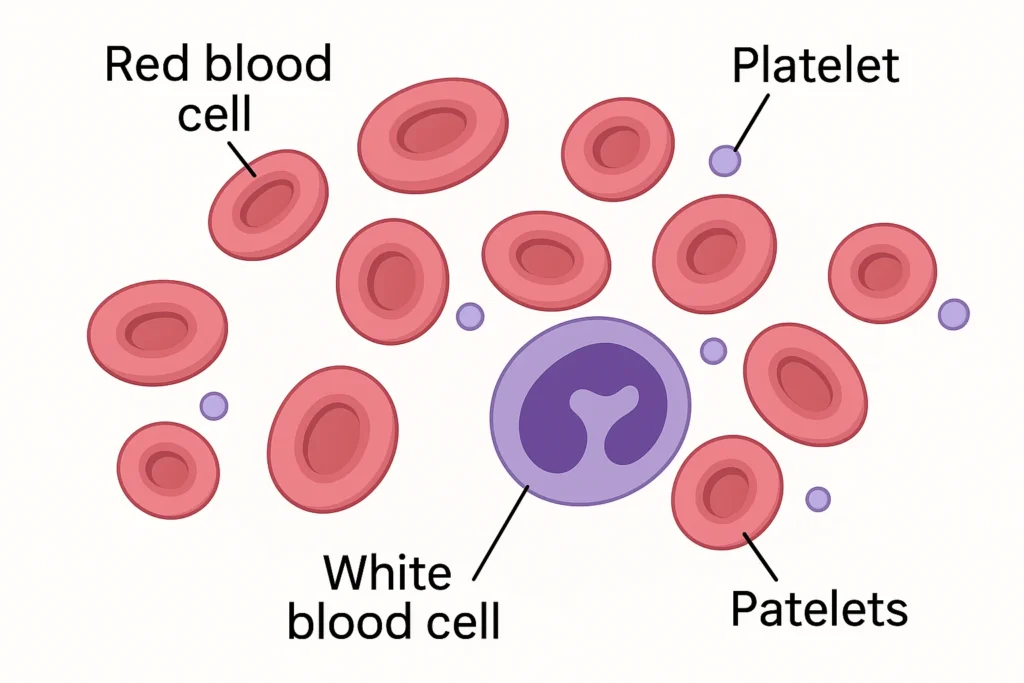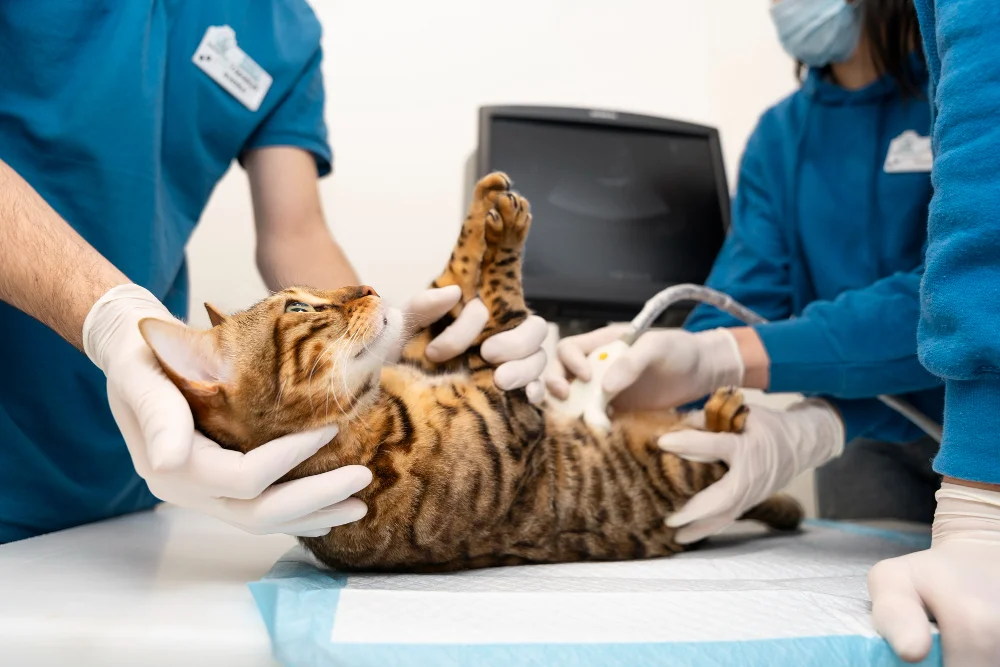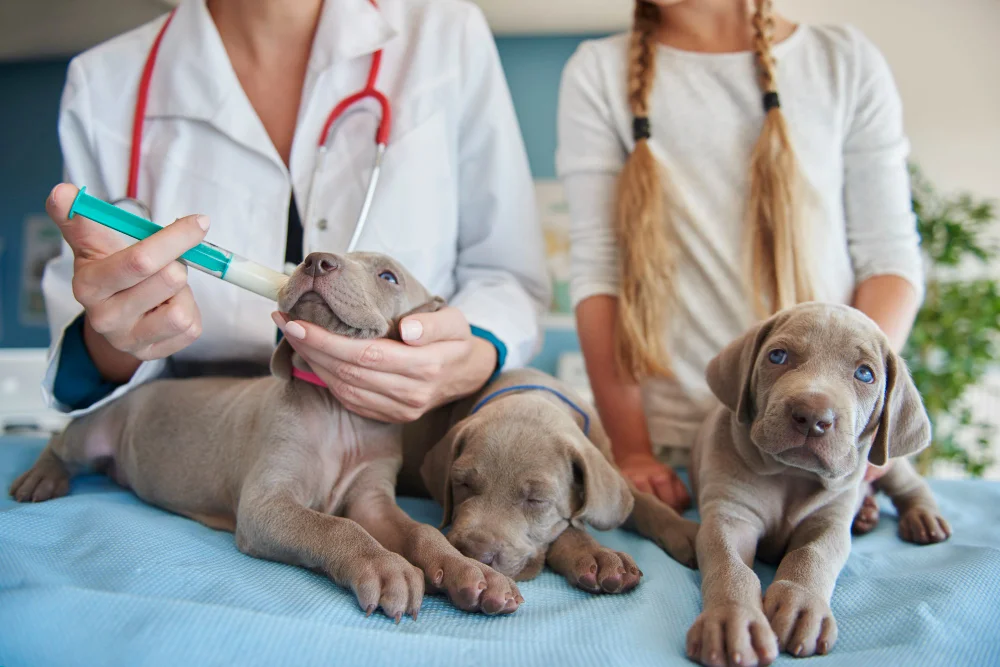Many pet owners underestimate the significance of annual exams for their furry companions. These routine check-ups are vital for detecting potential health issues early and ensuring your pet leads a long, happy life. By scheduling yearly visits to the veterinarian, you can monitor your pet’s overall well-being, update vaccinations, and receive guidance on nutrition and care tailored to their specific needs. Investing time in these exams not only keeps your pet healthy but also strengthens the bond you share with them.
The Lifesaving Benefits of Regular Veterinary Check-Ups
An annual veterinary check-up can play a significant role in enhancing your pet’s quality of life and longevity. Regular visits allow your vet to monitor your furry friend’s overall health and detect any potential issues before they escalate, ultimately saving you time and money on more severe treatments. Many pet owners overlook these routine visits, but the information gathered during these exams can guide your pet’s care, ensuring they receive the best quality of life possible.
Early Detection of Health Issues
Spotting health issues early is a key advantage of regular veterinary check-ups. During an exam, your veterinarian assesses body condition, dental health, and overall behavior, allowing them to identify anomalies. For instance, a subtle change in weight could indicate metabolic problems, while slight lethargy may signify underlying conditions, such as heart disease or arthritis. Early detection can lead to simpler treatments with more successful outcomes.
Preventative Care and Vaccination Updates
Keeping vaccinations up-to-date ensures your pet is protected against common diseases, many of which can be severe or even fatal. Annual exams address this by providing the necessary immunizations tailored to your pet’s age, lifestyle, and health status. Additionally, discussing preventative care options, such as flea and tick control or dental cleanings, during these visits reinforces a proactive approach to your pet’s health.
Vaccination updates during annual exams are not merely routine; they are crucial in maintaining herd immunity within your pet community. Core vaccines, such as rabies and parvovirus, are often required by law, while others can prevent life-threatening diseases like kennel cough. Moreover, your vet may recommend additional vaccinations based on your pet’s exposure risks. Keeping your furry companion protected year-round allows you to enjoy many more happy moments together without the worry of preventable diseases. Ensuring your pet receives these preventative measures can significantly reduce the chances of serious health issues down the line.
Comprehensive Health Assessments

A comprehensive health assessment during annual exams allows veterinarians to evaluate your pet’s overall well-being. This process includes a thorough physical examination, check of vital signs, and various diagnostic tests to identify any potential health issues early. By engaging in this holistic approach, you ensure that your furry friend receives tailored care that addresses not only present concerns but also preventive measures for the future.
Physical Examinations: What to Expect
Your vet will conduct a detailed physical examination, checking your pet’s eyes, ears, mouth, and skin for any abnormalities. They will also palpate the abdomen and assess the heart and lung sounds. Expect to answer questions about your pet’s behavior, diet, and any changes you’ve noticed; this helps the vet build a clear picture of your pet’s health.
Diagnostic Tests: Blood Work and Beyond
Diagnostic tests are a key component of your pet’s health assessment, providing insight into their internal health. Blood work, including complete blood counts and biochemistry panels, can help identify issues like infections, organ dysfunction, and assess hormone levels, while additional tests such as urinalysis and X-rays may be recommended based on your pet’s condition.
Blood work typically includes a complete blood count (CBC) and a serum biochemistry panel, which together can reveal valuable information about your pet’s red and white blood cells, organ function, and metabolic health. Additionally, fecal tests for parasites and urinalysis to detect urinary tract issues may complement the blood tests. Some veterinarians may also employ advanced diagnostics like allergy testing or imaging studies to gather a comprehensive view of your pet’s health. Undertaking these tests not only aids in diagnosing current conditions but also helps in creating an effective preventive care plan tailored to the specific risks associated with your pet’s breed and lifestyle.
Tailoring Care to Your Pet’s Age and Needs
Understanding your pet’s age and unique health requirements is vital for providing optimal care. As pets go through different life stages, their healthcare needs shift accordingly. Regular exams enable your veterinarian to adjust vaccinations, dental care, and preventive treatments based on whether your furry friend is a playful puppy, an adventurous adult, or a wise senior. Tailoring care ensures your pet remains healthy and happy throughout their life journey.
Special Considerations for Puppies and Kittens
Puppies and kittens require specific healthcare attention to support their rapid growth and development. During their first year, it’s crucial for them to receive vaccinations on a schedule determined by their veterinarian, along with regular check-ups to monitor growth and assess behavior. Each visit ensures these young pets receive the appropriate deworming medications and preventive treatments, setting them up for a long, healthy life.
Geriatric Care: Addressing Emerging Health Challenges
As pets age, they become more susceptible to health issues such as arthritis, dental disease, and organ dysfunction. Regular veterinary visits for senior pets help identify these emerging health challenges early on, allowing for timely intervention and management. Your veterinarian can help formulate a geriatric care plan including dietary adjustments, pain management, and necessary medical diagnostics, thereby improving your pet’s overall quality of life.
For senior pets, addressing health challenges can be as simple as making adjustments to their diet and exercise routine. Weight management becomes increasingly important, as obesity can exacerbate joint issues and other age-related conditions. Regular bloodwork and screenings can reveal hidden concerns, like kidney disease or diabetes, which can be managed with early detection. Additionally, ensuring your furry friend has a comfortable living environment and access to appropriate veterinary care can significantly enhance their well-being, allowing them to enjoy their golden years with comfort and happiness.
The Owner’s Role in Annual Exam Success

Your active participation significantly influences the effectiveness of your pet’s annual exams. By being observant of your pet’s daily habits and overall demeanor, you can provide valuable insights to your veterinarian. Documenting changes in behavior, appetite, or energy levels allows for a more comprehensive assessment. Establishing a positive relationship with your vet and showing up prepared ensures that the appointment is both efficient and informative. This collaborative approach fosters a proactive health management strategy that can prevent potential health issues before they arise.
Preparing for the Visit: Questions to Ask Your Vet
Your vet visit is the perfect opportunity to ask any questions or voice concerns you may have. Consider inquiring about your pet’s nutritional needs, vaccination schedule, and preventive care options. It’s wise to ask what signs of illness to watch for and how to keep your companion comfortable as they age. Additionally, discussing any specific behavioral changes can help your vet tailor their recommendations. Engaging in an open dialogue fosters a thorough examination and creates a stronger bond between you and your veterinary professional.
Following Vet Recommendations for Continued Care
Adhering to your veterinarian’s recommendations after the annual exam is vital for maintaining your pet’s health. Regular follow-up appointments, vaccinations, or specific treatments prescribed should be incorporated into your routine to optimize your furry friend’s well-being. These ongoing assessments may reveal early signs of health issues and allow for timely intervention, ultimately extending your pet’s life and ensuring a higher quality of living. Whether it’s recommended dietary adjustments or dental care, implementing these guidelines consistently contributes to sustained health and happiness for your beloved animal.
Continued care may include various aspects, such as regular health screenings or specific lifestyle changes based on your vet’s suggestions. For instance, if your vet identifies obesity as an issue, they might suggest a structured diet plan along with increased physical activity tailored to your pet’s abilities. Keeping track of weight fluctuations, monitoring your pet’s response to any dietary changes, and scheduling routine wellness checks can lead to meaningful health improvements. Following through with these recommendations not only addresses immediate concerns but also builds a foundation for a healthier future together.
The Long-Term Financial Benefits of Preventative Care
Investing in your pet’s health through annual exams and preventative care pays off significantly in the long run. By addressing potential health issues early on, you not only enhance your furry friend’s quality of life but also reduce the likelihood of costly emergency treatments down the line.
Cost Comparison: Preventative vs. Emergency Care
The stark difference in costs between preventative care and emergency surgery can be alarming. Consider this average breakdown:
| Type of Care | Average Cost |
|---|---|
| Annual Wellness Exam | $75 – $300 |
| Dental Cleaning | $300 – $800 |
| Emergency Surgery | $1,500 – $5,000 |
Investments in Health: A Worthwhile Commitment
Committing to your pet’s health through preventative measures is undeniably a smart investment. Regular check-ups, vaccinations, and dental cleanings help catch issues before they escalate, ensuring your furry companion has a longer, happier life.
A proactive approach yields substantial rewards not just in savings but in peace of mind. For instance, a simple vaccination can prevent serious illnesses that require extensive, expensive treatments. Over a lifetime, the costs of regular check-ups pale in comparison to the financial impact of severe health crises. When you choose preventative care, you’re ensuring that your beloved pet stays healthy and happy, reflecting the true worth of your commitment to their well-being. Investing in their health today can lead to fewer surprises and a more predictable budget tomorrow.
Annual Exams For Pets Conclusion

Following this, scheduling annual exams for your pet is an imperative practice to ensure their overall health and well-being. These routine check-ups enable you to catch potential health issues early on, providing your furry friend with the best chance for a long, vibrant life. By staying proactive with veterinary care, you not only safeguard your pet’s health but also strengthen the bond you share, knowing you are doing everything possible to keep them happy and thriving.
Annual Exams FAQ
Q: Why are annual exams necessary for pets?
A: Annual exams play a significant role in maintaining your pet’s overall health. During these check-ups, veterinarians can identify potential health issues early on, allowing for timely intervention and treatment. Regular examinations help monitor your pet’s weight, dental health, and vaccinations, ensuring they are up-to-date and reducing the risk of serious health problems in the future. These visits also provide an opportunity for pet owners to ask questions about diet, behavior, and preventive care.
Q: What specific health aspects do veterinarians check during an annual exam?
A: During an annual exam, veterinarians typically evaluate several key health components of your pet. This includes a thorough physical examination, where the vet will check your pet’s skin, coat, eyes, ears, and heart rate. Blood tests may also be performed to assess organ function and check for any underlying conditions, such as diabetes or kidney issues. Additionally, the vet will discuss your pet’s nutrition, exercise habits, and any behavioral concerns, creating a comprehensive health plan tailored to your furry friend’s needs.
Q: How can I prepare my pet for an annual exam to make it less stressful?
A: Preparing your pet for an annual exam can help ensure a smooth experience for both you and your furry friend. Start by acclimating your pet to their carrier or a leash and collar if they are not already familiar with them. Practice short car rides to the vet’s office to help them feel more comfortable with travel. Additionally, consider bringing along your pet’s favorite toy or blanket to provide comfort during the visit. It’s also helpful to write down any questions or concerns in advance so you can address them with the veterinarian. A positive attitude and calm demeanor can also ease your pet’s anxiety during the exam.







